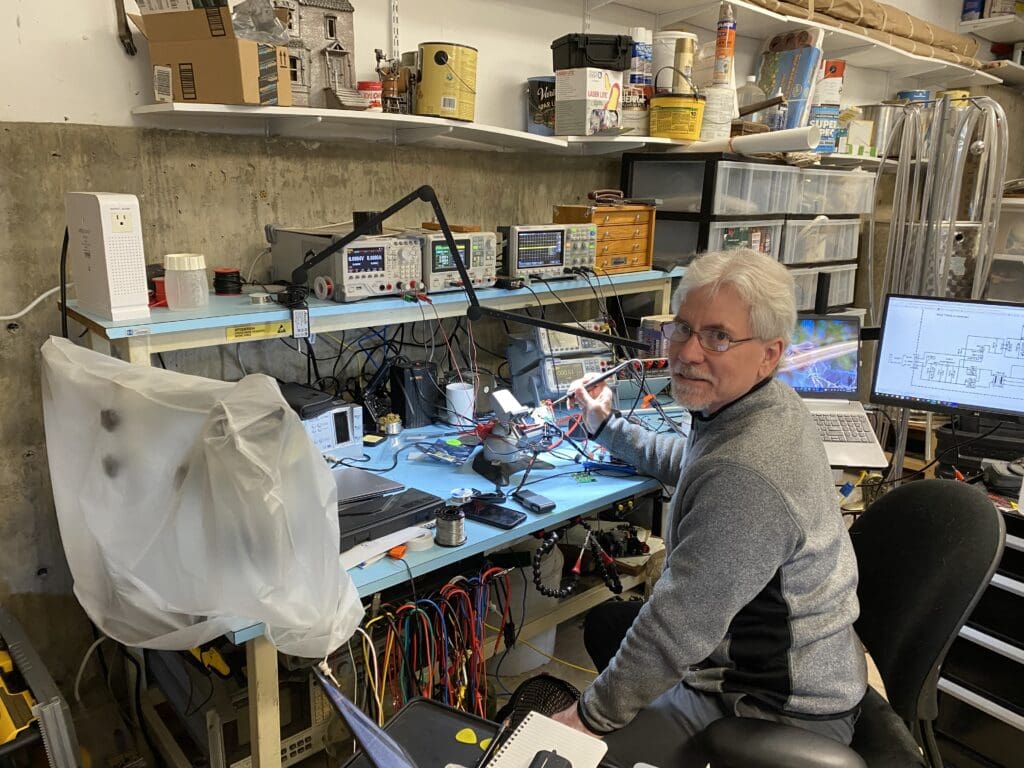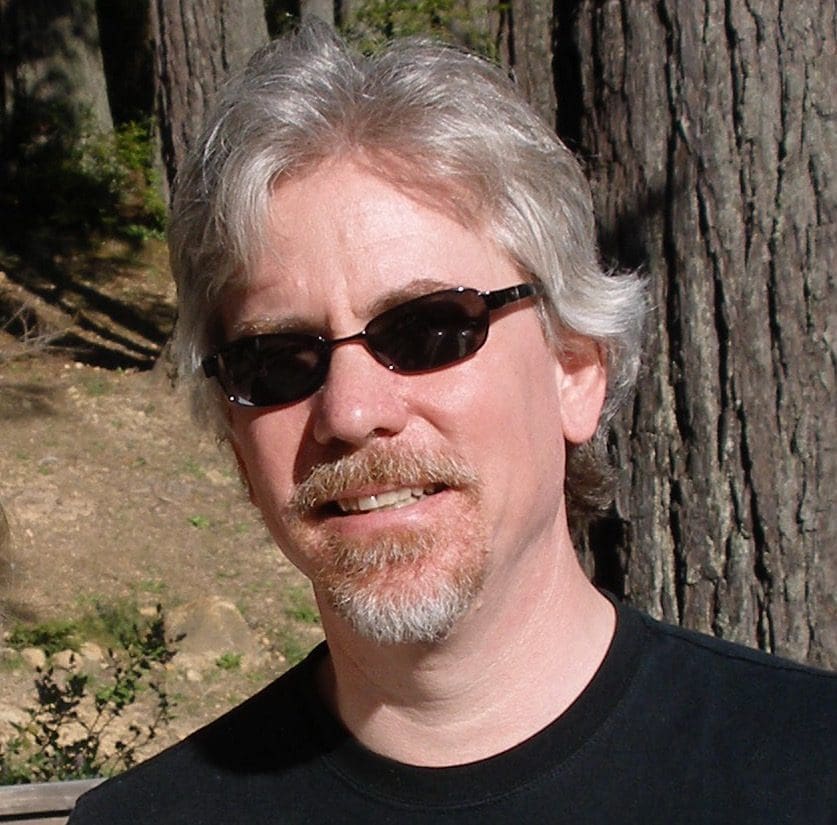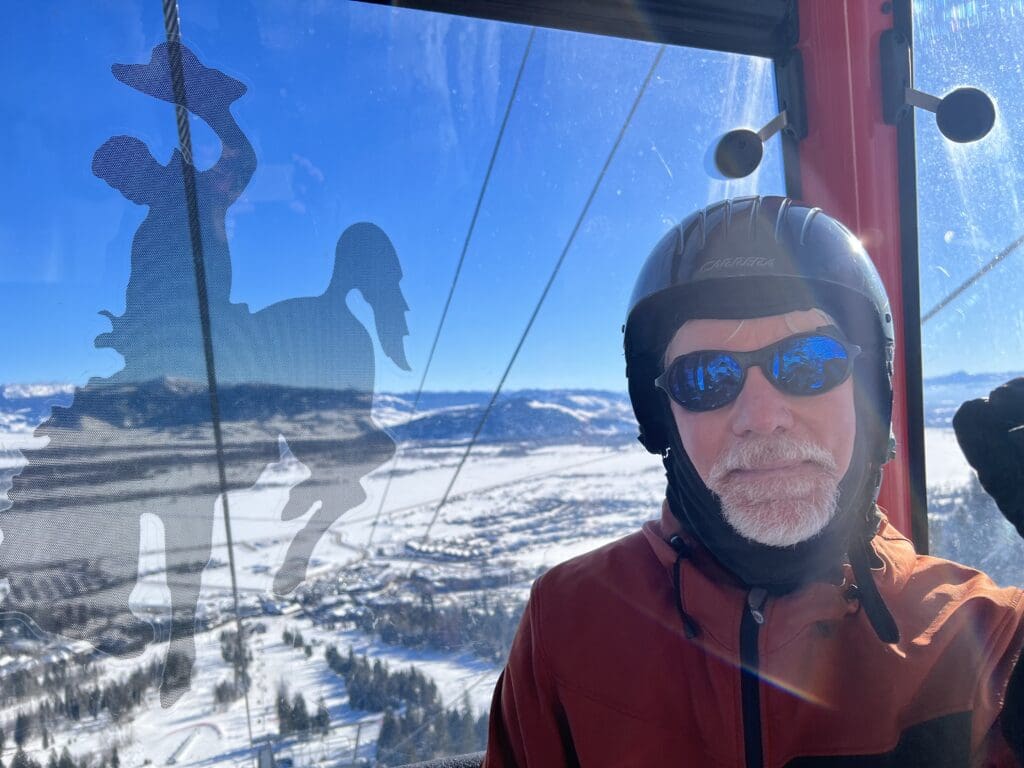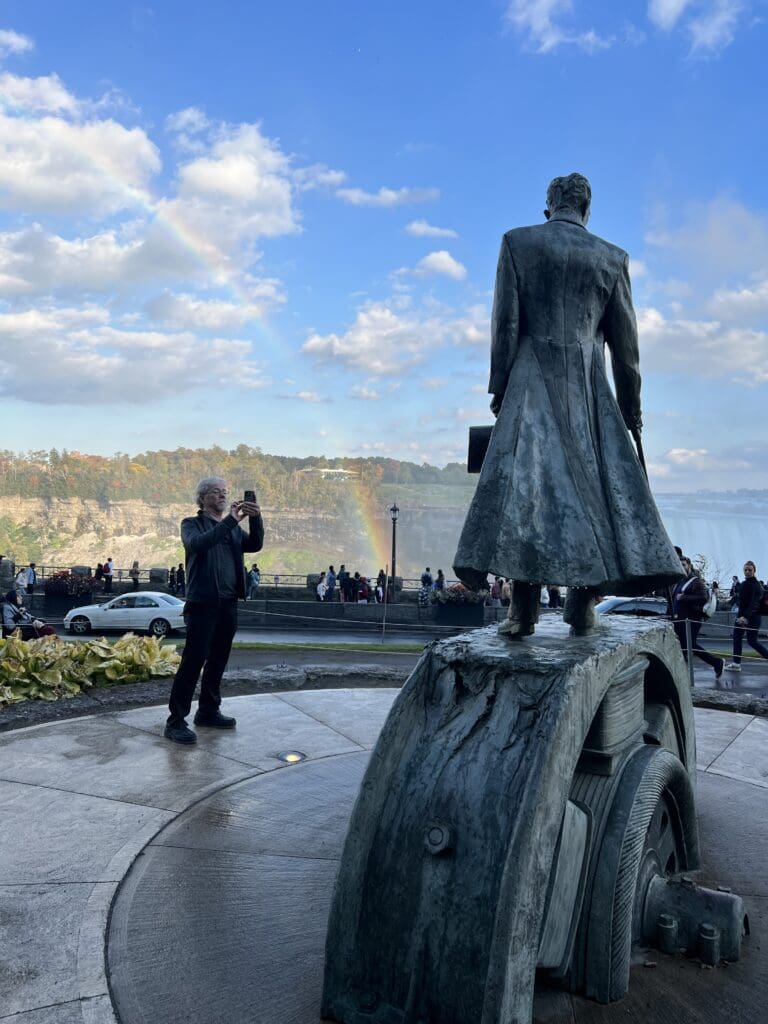Spotlight on a Texas Instruments Field Applications Engineer’s life
John DeFiore studied Electrical Engineering and has specialised in power and analogue electronics. He worked as an engineer and manager and is now a Field Applications Engineer for Texas Instruments and is based in California.


John DeFiore – a Field Applications Engineer for Texas Instruments in California
Background
Could you give a brief description of your background and what led you to study electrical engineering?
I decided I wanted to be an engineer at about the age of four.
My maternal grandfather was a mechanical engineer, but he worked in electronics, which I thought was the most amazing thing ever. I studied electrical engineering at Lehigh University where I learned the fundamentals, and also where I could get 10 cent beers on Tuesday nights.
Were there any childhood interests which were a factor?
My childhood interests involved taking apart vital home appliances and electronics in order to see how they worked (when my parents weren’t home). Sometimes I could even put them back together.
Has there been a particular person who inspired you in your early career?
I was always interested in analogue electronics. In my first job the company’s analogue mastermind was a guy named Jerry Atwater. He never went to university, but he was one of the best engineers around, and an inspiration to many. Sadly, I believe he passed away recently.
Field Applications Engineer
What then attracted you to working as an FAE?
The FAE role is for me the best job I’ve ever had. The fast pace, the variation in work, the problem-solving challenges and the interaction with people both at customer sites and internally keep the job interesting. After working in other roles that required design work in front of a desk, all day, every day, the FAE role was a very welcome change.


Typical day
What exactly does your role include and what’s your typical day like?
In my current role I support one very large customer. There aren’t many “typical” days.
A day might consist of up to 50 emailed technical questions about our products. It could also be:
a long day debugging circuits in the customer’s lab
schematic or layout reviews
all-day meetings
trips to design sites
customer presentations on new products
taking data that the customer requested
defining potential new parts
writing application notes
training and mentoring newer employees
delivering samples and evaluation boards
and all the other things that I’ve forgotten to list here.
Which devices do you support (high, low voltage, or both)?
I support all power conversion products, high and low voltage.
Which industries do you work with?
Currently the personal electronics industry.
Which other people/departments give you support?
I get great support from design, quality, marketing, and factory apps.
Travel as a Field Applications Engineer
How much travel do you do, and how do you maintain a work life balance?
Since I support only one customer and I’m based in Silicon Valley, non-local travel is minimal.
As an FAE, workload seems to go in cycles, so I take advantage of slower times as appropriate.
Also, my employer has a great vacation policy which allows time off for “decompression”.


Commercial part of the role
How commercial do you need to be?
As a Field Applications Engineer, we are incentivised to “win sockets” and grow revenue.
A good part of it is prioritising time and effort toward the places that will accomplish those goals. So, it’s certainly more commercial than a pure R&D position.
Most challenging part of the job
What do you find most challenging when you are working?
The most challenging situations are where a bug or failure in our product causes significant issues at a customer.
What has been your most challenging issue to date?
There was an issue early on in my latest role that required several weeks straight of 12-hour days at our customer site (OK, 10 hours on Sundays). I was working to help solve a problem with our device that was due to an incorrect spec by another vendor. In the end it worked out, but it was a complete “*”.
What do you do when a problem seems unsolvable?
Brainstorming with colleagues or taking a break and coming back to it often helps.
Have you arrived and found an issue unbelievably easy to fix?
This is pretty common.
For example: wrong component values, wrong probing technique, bad soldering, nut loose by the circuit board, etc.
New Field Applications Engineers
What makes a good Field Applications Engineer (FAE)?
This is pretty easy.
There are three main things:
Good technical skills
Excellent time management and multi-tasking ability
Good communication and people skills
How important are communication skills?
Vital.




Responses